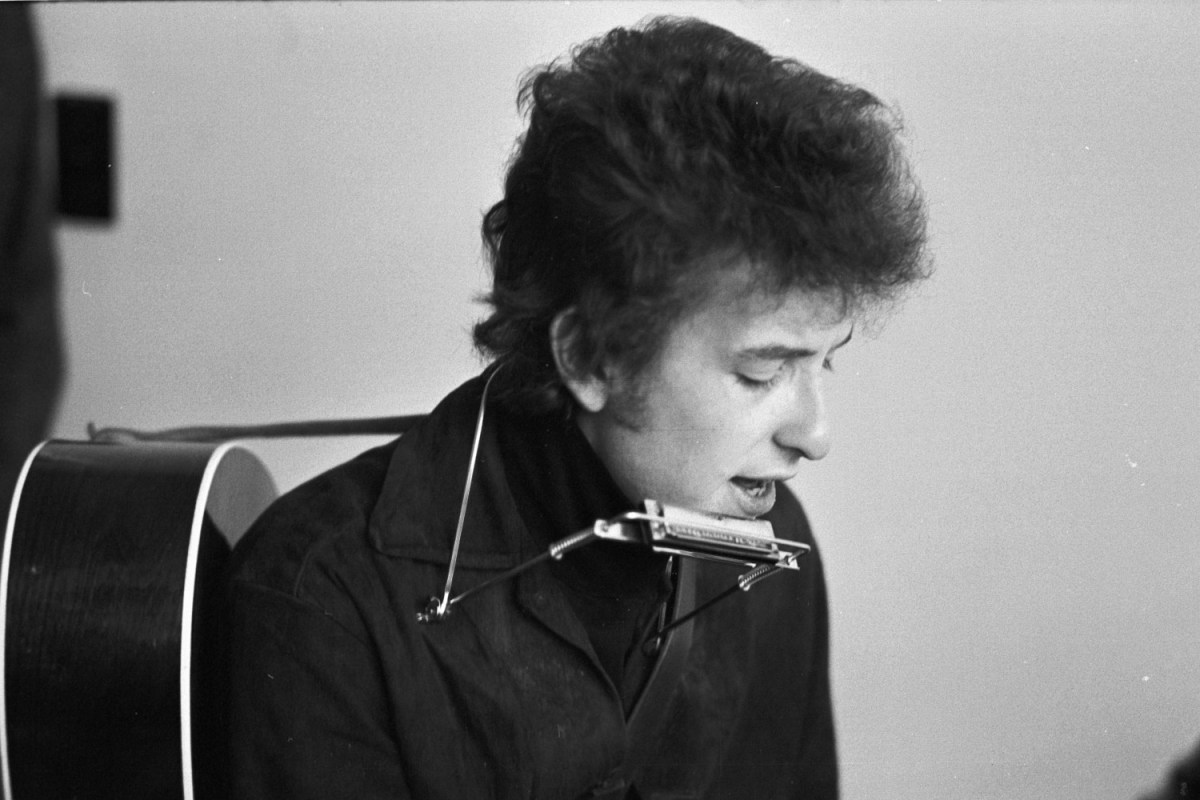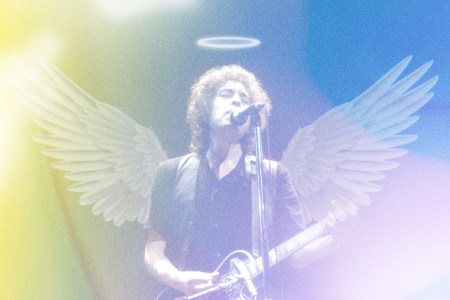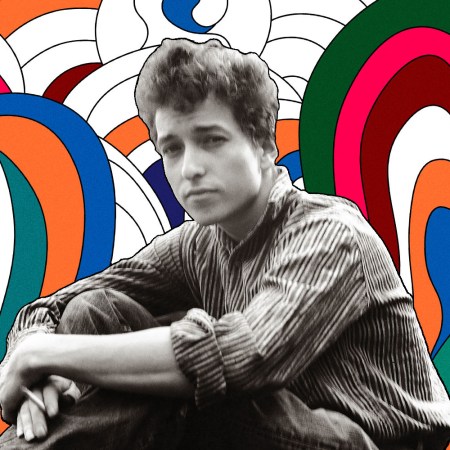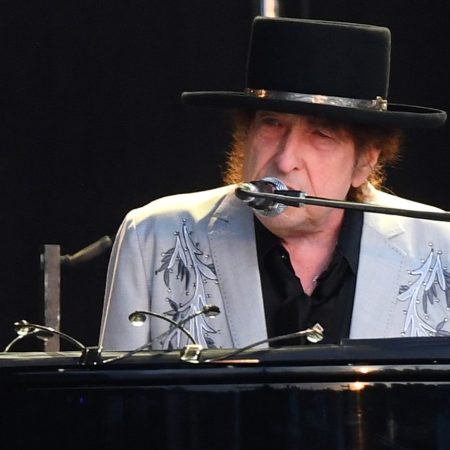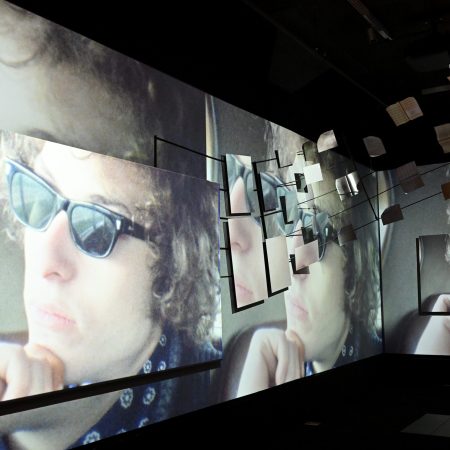Writing about Bob Dylan’s politics is no easy task. To begin with, there’s the question of where in his career you’re attempting to map his politics. The Dylan who mocked the John Birch Society and the Dylan who recorded a trio of albums espousing evangelical Christianity represent distinct points of view — though they’re not as far apart as some believe, depending on who you ask.
In his new book Whole World in an Uproar: Music, Rebellion and Repression — 1955-1972, Aaron J. Leonard explores the ways in which Dylan’s personal politics evolved at the same time that his public profile grew. An excerpt recently published at Literary Hub examines Dylan’s life in the 1960s and the factors that shaped his view of the world.
As Leonard writes, Dylan “was, for a time, part and parcel of a left-inclined resurgence in music that was relentlessly opposed by the powers that be.” And he points to the difference in lyrical subjects between Dylan’s first and second albums as evidence that something within the singer-songwriter had changed.
Leonard also points to Dylan’s close proximity to several people whose politics were more clear-cut than his own, including artist Suze Rotolo, who Dylan was dating at the time, and fellow musician Dave Van Ronk. “[T]hat could not but have had a profound impact on how, and what, he chose to write about,” Leonard writes.
A Closer Look at Bob Dylan’s Confounding and Compassionate Christian Trilogy
Revisiting the musician’s born-again Christian phaseIt was a musically and politically turbulent period, and it certainly shaped Dylan in numerous ways. It also led to the writing of “Talkin’ John Birch Paranoid Blues,” which ended up excised from The Freewheelin’ Bob Dylan and didn’t see official release until 1991. What did and did not shape Dylan’s work isn’t always apparent, but Leonard’s foray into the past is enlightening.
Thanks for reading InsideHook. Sign up for our daily newsletter and be in the know.
